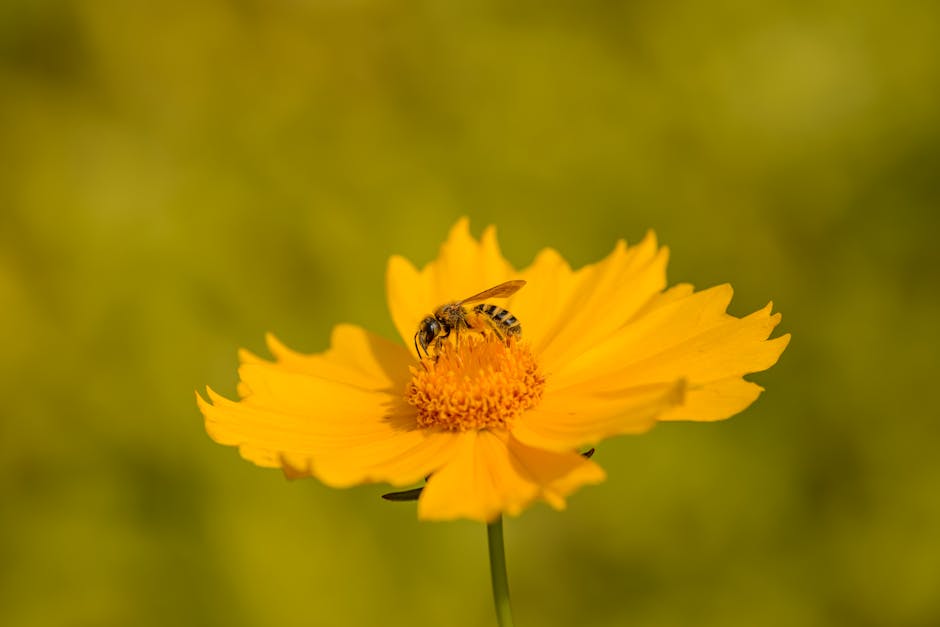Imagine a serene afternoon in your garden, the gentle rustle of the cypress trees, the sun casting a warm glow over everything. Now, picture this peaceful scene interrupted by the persistent buzzing of wasps. Dealing with wasp invasions can be a challenge, but fear not – we’re here to guide you through understanding the behavior of wasps, effective wasp control methods, and protecting your home and garden from these buzzing pests.
Understanding the Behavior of Wasps
When it comes to understanding the behavior of wasps, it’s essential to know that these fascinating insects are social creatures that live in colonies. Unlike bees, wasps can be more aggressive when feeling threatened, making it crucial to approach them with caution. Their nests are typically constructed from wood fibers mixed with saliva, creating the familiar papery structures we often see hanging from eaves or trees.
Wasps play a vital role in controlling insect populations, making them beneficial for ecosystem balance. However, their presence near homes can pose a threat, especially for those allergic to their stings. By learning more about their behavior patterns and nesting habits, you can better prepare yourself for effective wasp control strategies.
During the warmer months, wasps are most active as they forage for food and build their nests. Understanding these seasonal patterns can help you anticipate when they may become more prevalent in your outdoor spaces. By observing their behaviors and identifying potential nesting sites early on, you can take proactive steps to address any infestations before they become larger problems.
Effective Wasp Control Methods
When it comes to controlling wasp populations around your home and garden, there are several effective methods you can consider. One of the most common approaches is using commercial wasp sprays designed to kill these insects on contact. However, it’s important to use these products with caution and follow instructions carefully to ensure safety for yourself and the environment.
Another method for wasp control is to remove food sources that may attract them. Properly sealing garbage cans, cleaning up spills, and maintaining a tidy outdoor space can help reduce the likelihood of wasps being drawn to your property. Additionally, sealing off entry points to your home or shed can prevent wasps from building nests in these areas.
For those looking for more natural alternatives, there are options like planting wasp-repelling herbs such as mint, thyme, or citronella around your garden. These plants emit scents that can deter wasps from lingering in the area. Ultrasonic wasp repellents are also available and work by emitting sound waves that are unpleasant for wasps, prompting them to seek calmer locations away from your property.
In cases where a wasp nest is already established, it’s recommended to contact professional pest control services to safely remove the nest. Attempting to remove a nest on your own can be dangerous and may result in aggressive behavior from the colony. By enlisting the help of experts, you can ensure the nest is handled efficiently and without risk to yourself or your family.
Protecting Your Home and Garden from Wasp Infestations
Preventing wasp infestations is key to maintaining a harmonious environment in your home and garden. Regular inspection of outdoor areas for signs of nests or wasp activity can help you catch problems early. Look for telltale signs like increased wasp sightings, buzzing sounds near eaves or bushes, or chewed wood around your property.
To protect specific areas like outdoor dining spaces, consider hanging decoy wasp nests. These faux nests mimic the appearance of real nests and can deter other wasps from establishing territories nearby. Additionally, keeping food covered when dining outside and using wasp traps can help mitigate the risk of unwanted encounters with these insects.
Creating a wasp-friendly environment can also help in directing their attention away from high-traffic areas. Designating a corner of your garden with plants that attract wasps, such as yarrow or sweet fennel, can draw them away from spaces where human activity is concentrated. By providing an alternative habitat, you can encourage wasps to coexist peacefully in your outdoor ecosystem.
Buzzing Towards a Wasp-Free Future
As you navigate the world of wasp control, remember that knowledge is power. By understanding the behavior of wasps, employing effective control methods, and taking preventive measures, you can ensure a peaceful coexistence with these fascinating yet sometimes pesky creatures. So, next time you spot a wasp buzzing around your cypress trees, you’ll be armed with the knowledge to handle the situation with confidence.




